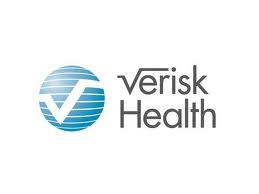The Human Touch of Special Investigative Units in Fraud Detection
The Human Touch of Special Investigative Units in Fraud Detection
Each year, billions of dollars are lost to healthcare fraud, waste and abuse. Fundamentally, we acknowledge that claims processors can be trained on processing guidelines, provider contracts and various payment methodologies, and that software systems can be programmed to identify potential billing errors, fraudulent patterns and/or billing anomalies. However, we also recognize that while payer claim systems are primarily built to pay claims rapidly, they are not necessarily built to pay claims accurately. A claim operations group’s primary responsibility is to meet regulatory turn-around-times which, by default, does not make payment accuracy a top priority. The system is built and managed for speed so it is inherently prone to increased billing errors and a need to pay and chase inaccurate payments. This is where a Special Investigative Unit (SIU) steps in and makes a difference.
Clinical validation by an SIU team offers the most comprehensive cost containment opportunity by introducing a critical component: the human touch. Even the most advanced software and analytics do not match the pattern recognition capabilities of the human brain. Clinicians are able to recognize services that are typically included in a surgical procedure, usual medication dosage and frequency based upon the patient’s medical condition, and standard supplies for different nursing units such as Labor & Delivery or post-operative care. They are able to review and understand physician’s orders, dictations, medical abbreviations, disease pathology, and more.
The clinicians are addressing coding situations that cannot be auto-adjudicated. They review clinical claim information, such as diagnosis, patient age, gender, and procedures billed on the current claim and also use the patient’s claim history to paint a clinical picture that assures the most accurate payment to the provider. This reduces inappropriate claim denials, thereby reducing provider friction. Additionally, for situations when a provider may misrepresent services or exhibit a pattern of inaccurate billing, the experienced clinician is invaluable from a potential fraud/abuse perspective. There are greater costs associated with employing professional clinicians for claim and appeal review; however, it is much less costly than continuing to lose billions across the fraud continuum.
Learn more about our payer market and Payment Accuracy solutions, or contact an expert for more information.

